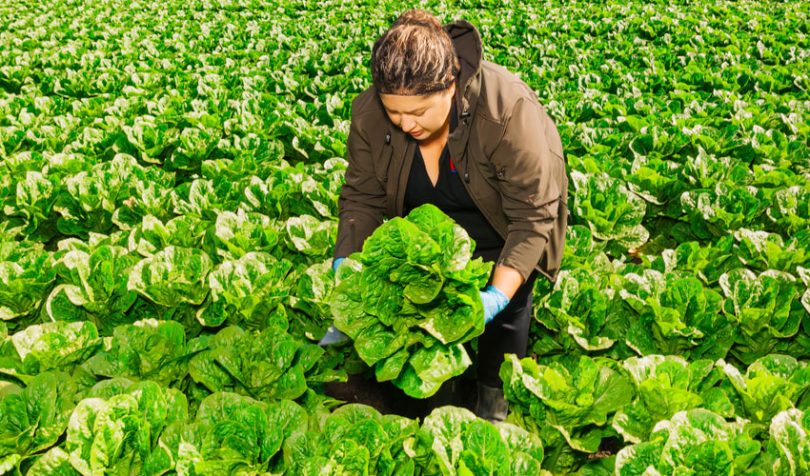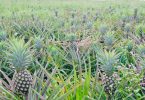Yesterday Walmart asked all suppliers of fresh leafy greens to implement blockchain traceability within a year. There’s a two-phase implementation with one step traceability required by the end of January. The Walmart Food Traceability Initiative is part of the IBM Food Trust network.
The Food Trust network was first launched just over a year ago in association with Unilever and Nestlé.
The problem
So far this year there have been a couple of major food safety issues in the US. One was an E.Coli outbreak, and the other was Salmonella. As a result of E.Coli in romaine lettuce, five people died. Additionally, though the source was identified by region, it wasn’t sufficiently specific which meant the destruction of substantial quantities of lettuce unnecessarily. And consumers lost confidence in romaine lettuce. The confidence aspect might still be hard to address even with blockchain.
During the outbreak, the Centers for Disease Control (CDC) advised avoiding eating lettuce grown in Yuma, Arizona.
“None of the bags of salad had ‘Yuma, Arizona’ on them,” said Frank Yiannas, VP of Food Safety at Walmart. “In the future, using the technology we’re requiring, a customer could potentially scan a bag of salad and know with certainty where it came from.”
Many farms and warehouses still use paper-based systems which means that it can take seven days to track back to the source of the product.
Walmart’s approach
Instead, with blockchain food can be traced in seconds. And that can save lives.
“We’ve been working with IBM to digitize that, so the information is captured on the farm with a handheld system. It’s [also] captured at the packing house at the supplier,” Yiannas continued.
So by using blockchain Walmart hopes to achieve speed of traceability, immutability, and transparency. The net effect should be greater trust.
CDC director Robert Tauxe, MD, said “Enhanced ability to trace a contaminated food back to its source will help government agencies and companies to identify the source of a foodborne disease outbreak, coordinate more effective recalls of foods thought to be contaminated, and learn where past problems began. We think these steps will strengthen future prevention efforts and better protect the public’s health from the threat of foodborne illness.”
Other food traceability initiatives
Late last year, Walmart and IBM partnered with JD.com for the Blockchain Food Safety Alliance in China. Other supermarkets to launch traceability programs include Carrefour in France and Albert Heijn in the Netherlands. And Subway and Tyson are testing FoodLogiQ’s blockchain traceability project.
In Cambodia, Oxfam recently launched an organic rice traceability initiative to empower farmers. Alibaba’s Ant Financial is also involved in a rice traceability project in China. In the UK, the Food Standards Agency started to use blockchain to trace cattle at the slaughterhouse. This is primarily to trace potential contamination issues with plans for further traceability.
TE-FOOD is involved in a Vietnamese pig tracking initiative as well as the Wyoming cattle rancher blockchain.
Start up Scantrust has a novel traceability solution which also addresses the counterfeit problem.







